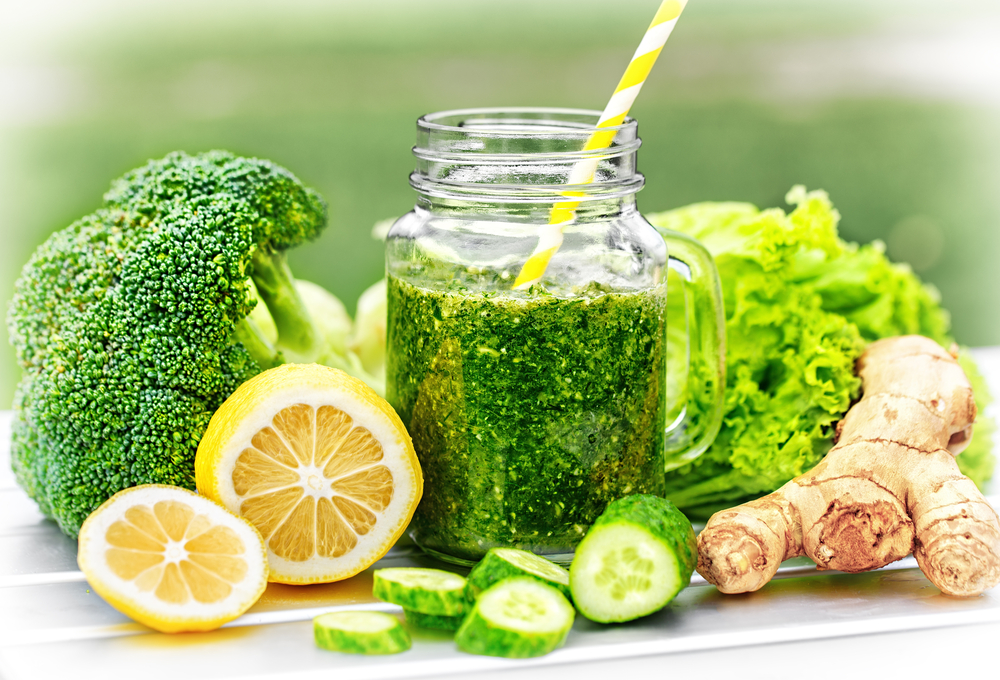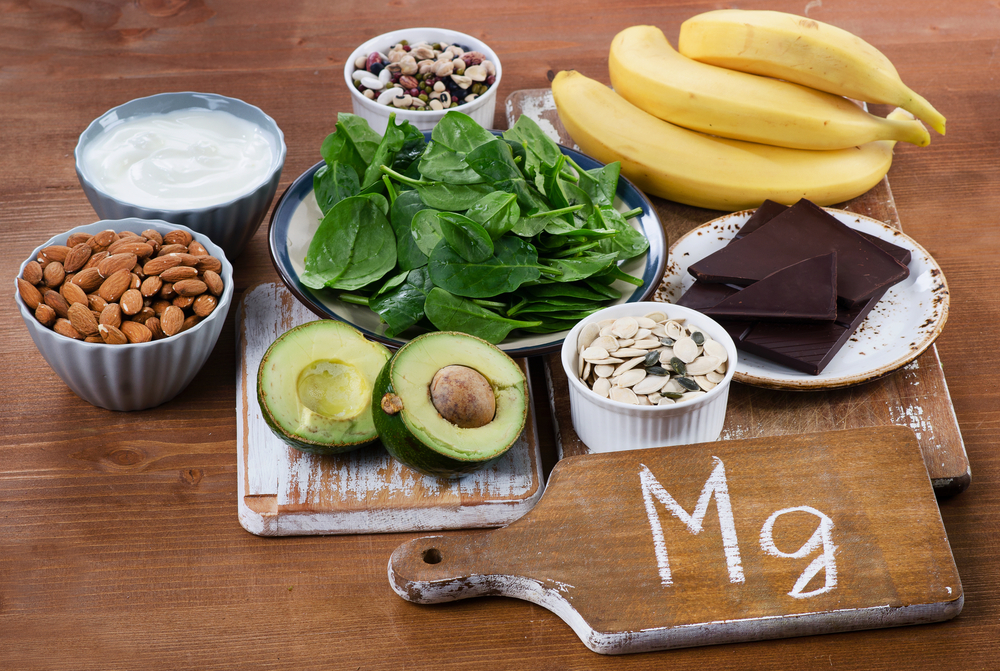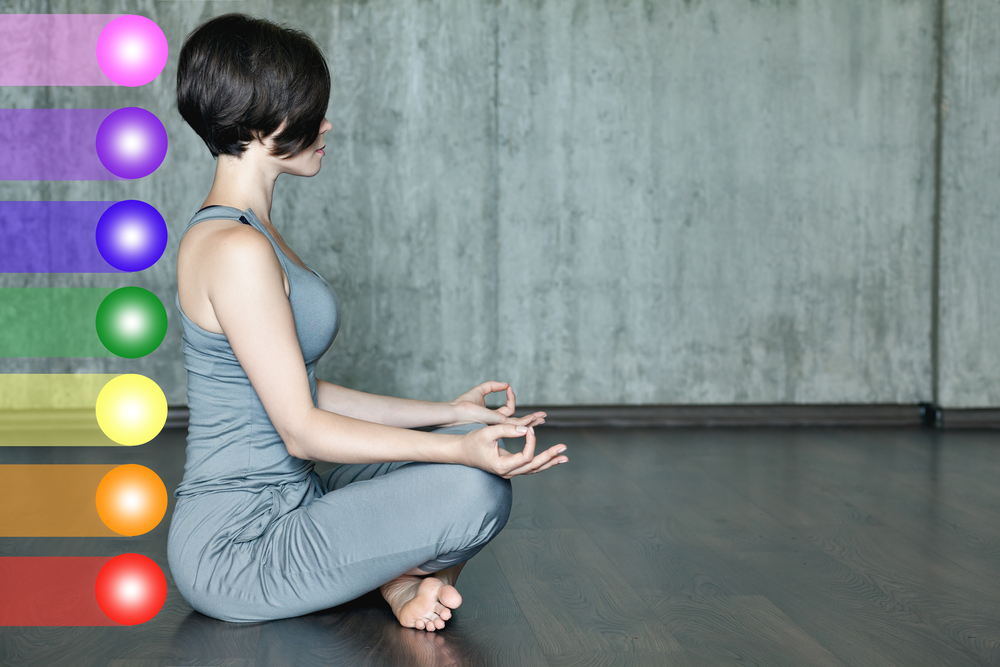The journey of recovery is about smashing the illusion of separation and returning to the greater whole. In some ways, we never stopped being part of the whole and once in recovery, this becomes evident. We awaken to all the ways that our addicted lifestyle impacted our loved ones with whom we share our life.
Through this process of awakening to the ripple effect of our daily choices, we are returned to understanding how much power we have to influence the world around us by making our healing our greatest priority. It is a choice about what kind of impact you want to generate with your one finite life.
The power of focused choices and their influence on the greater ecological systems is demonstrated in the popular video, How Wolves Change Rivers. In this video, there is focused effort to increase the population of the wolves. Increasing the wolf population also restored many species in the region and transformed of the geography itself. Every facet of the ecosystem is renewed simply by focusing on healing one element of the ecosystem.
Our recovery journey is the same. A person in their addiction will look at the goal of healing from the bottom of Mount Everest. Gazing at the peak, they imagine the weight 30,000 feet of elevation bearing down on every step. They do not yet know the momentum that each step brings. Or that the joy for progress accelerates this momentum. They do not know that there is a point of being closer to the top than you are to the base of the mountain and that this changes the perspective of the peak.
When in our addiction, we are trapped in the physical and psychological cycle of self-destruction. When in this experience, all of our important life experiences are out of control such as our most valued family and love relationships, our employment and the experience of development within it and financial planning for our future. As we look up at this mountain peak of healing, longing to deeply and truly return to vitality, it seems out of reach. We must remember that there is also a systemic energy that is longing to return us to vitality. It will magically propel us forward much more quickly than may be apparent from the base of the mountain.
Enlightened Recovery Solutions offers a harmonious approach to holistic treatment, bringing together the best of evidence-based, alternative, and 12-step therapies. Call us today for information on our transformation programs of treatment for addiction and alcoholism:
844-234-LIVE.





















